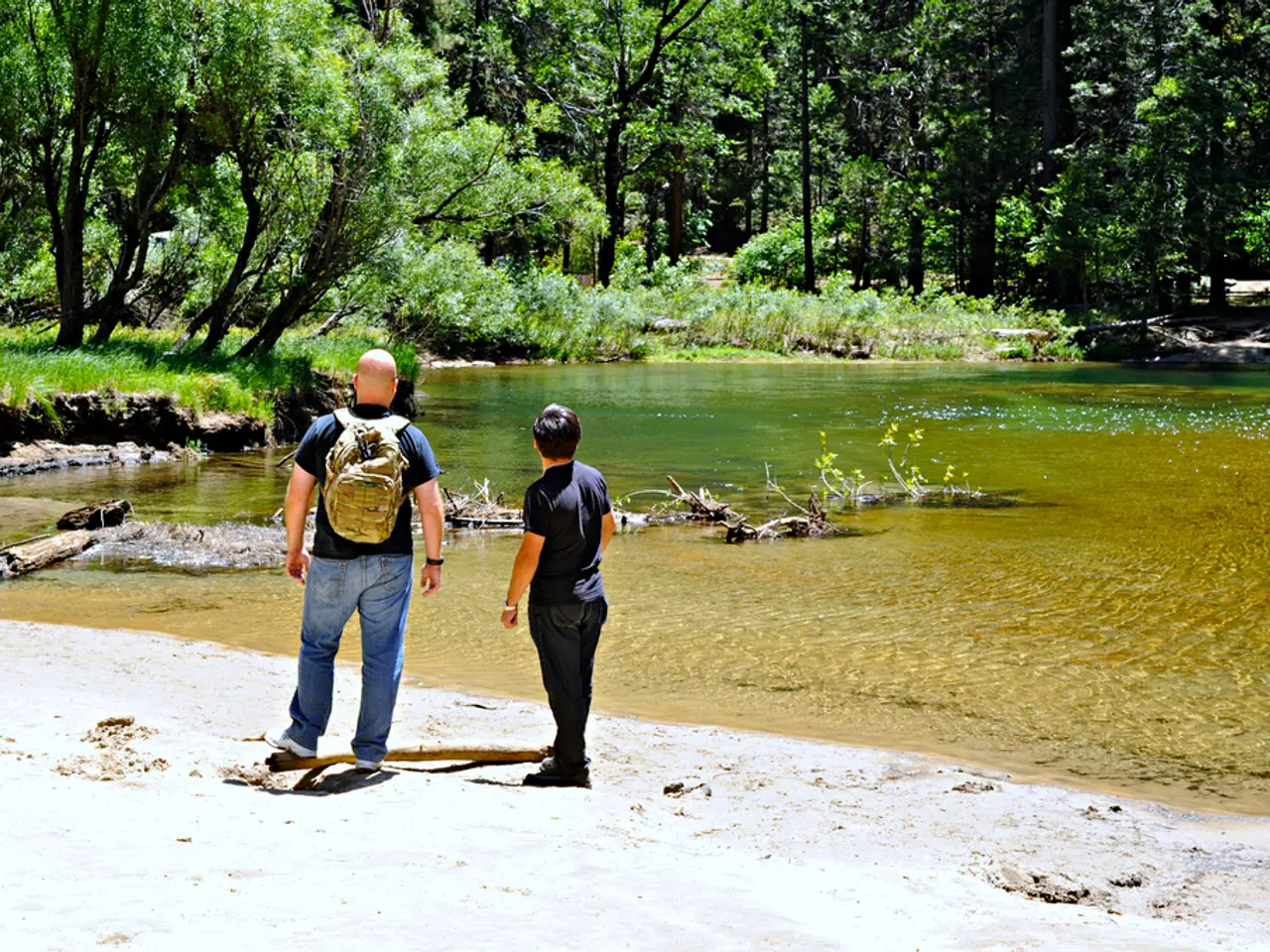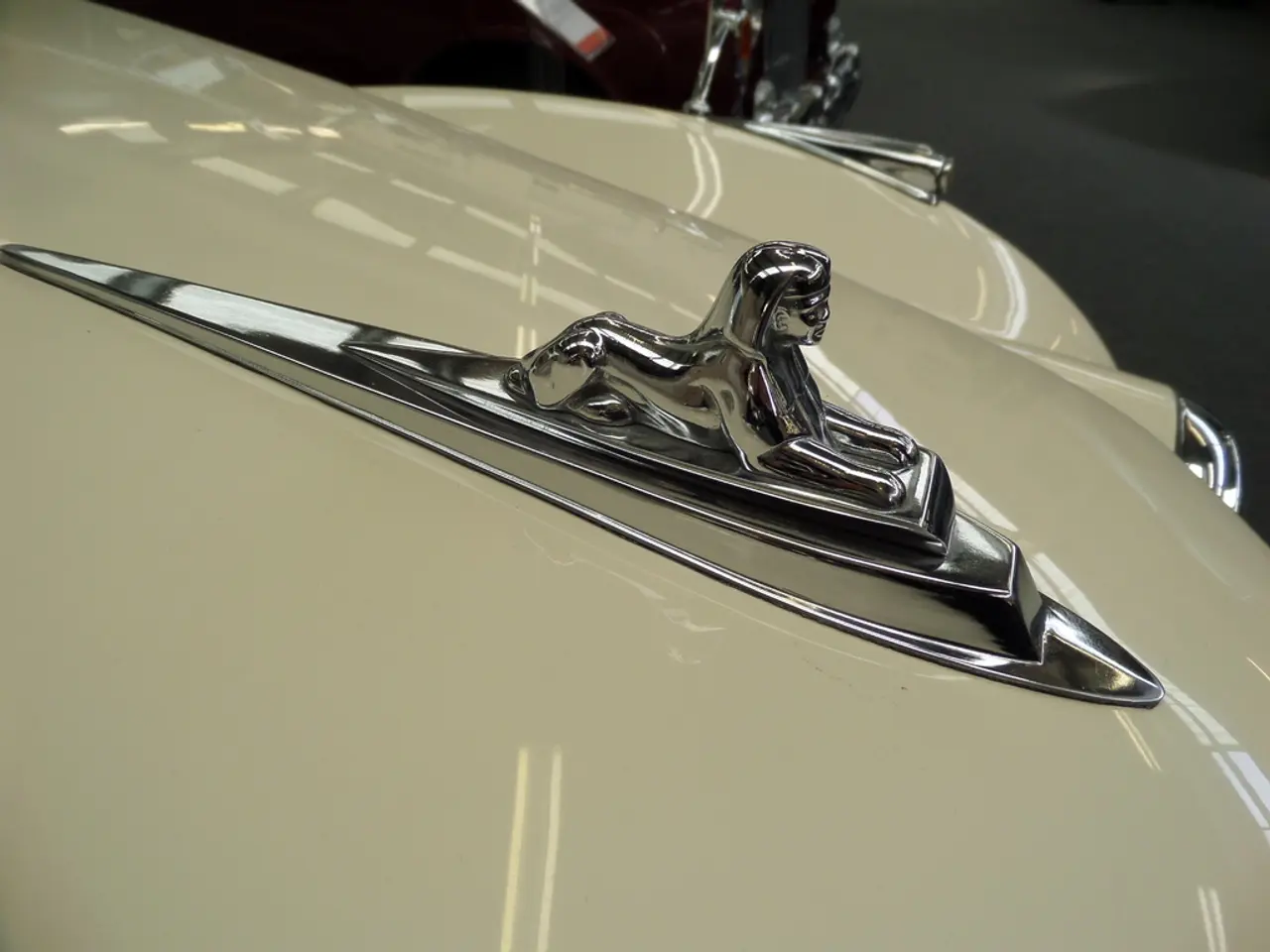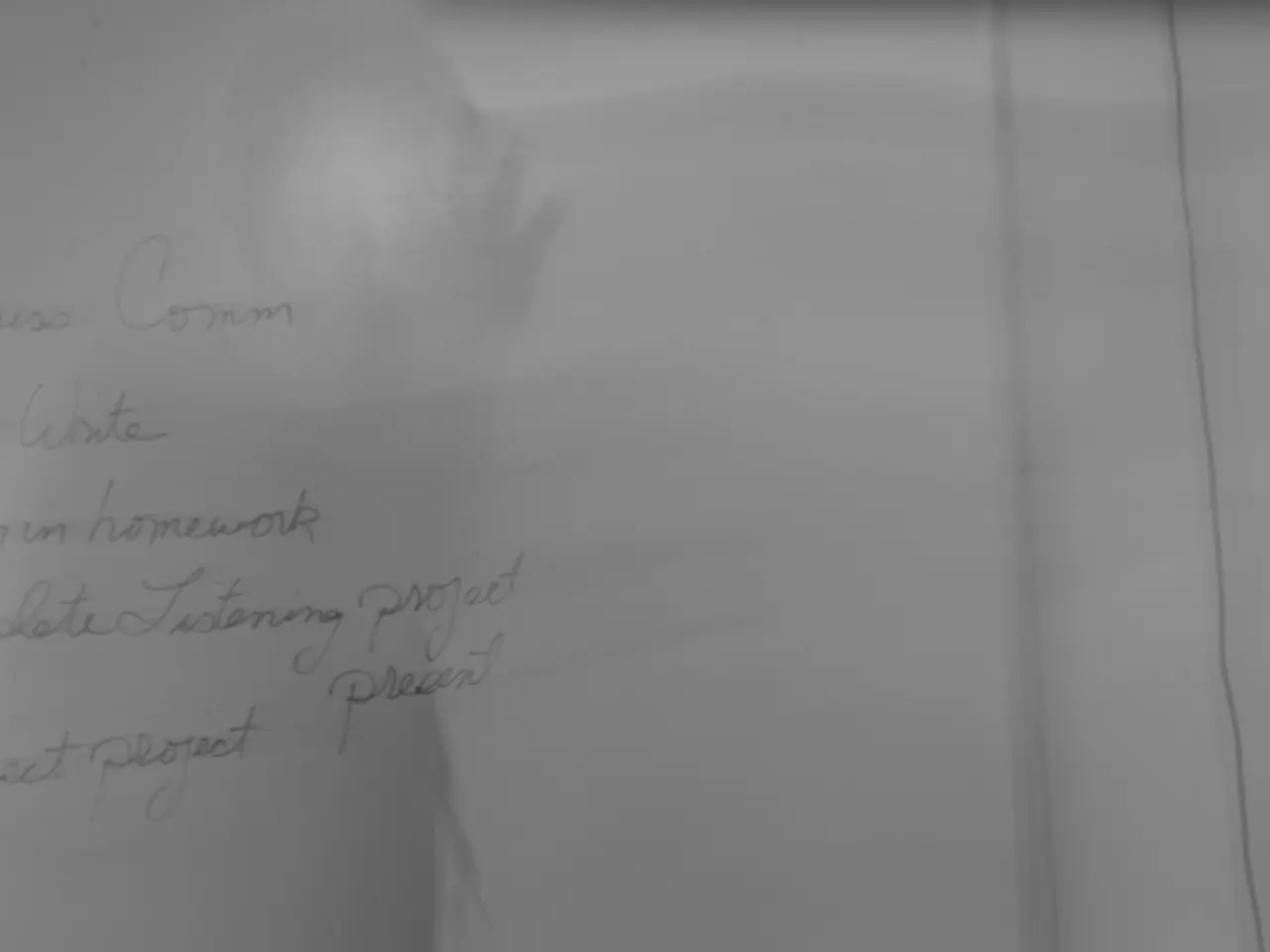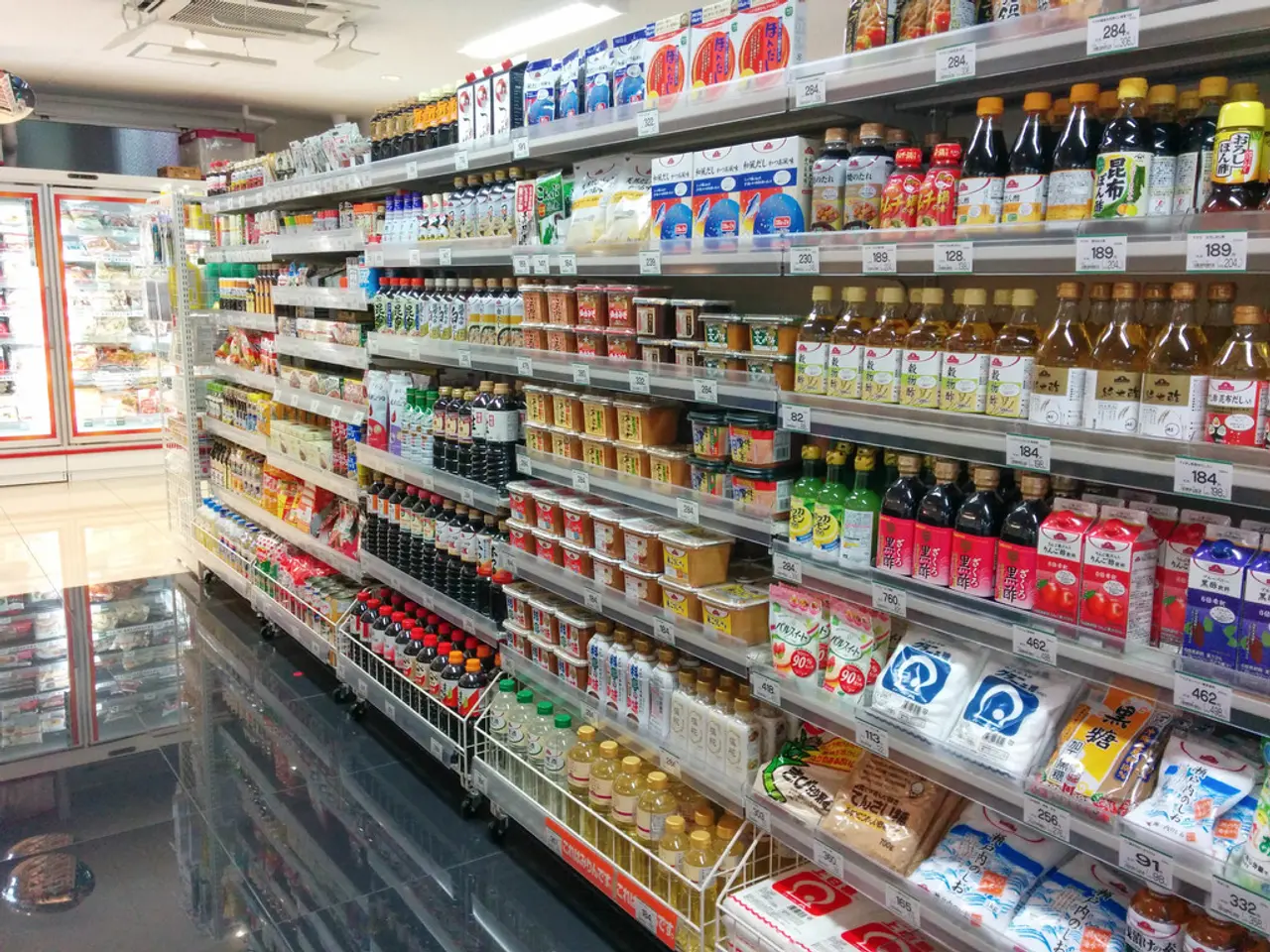Expedition for Securing VAT Refunds is Pursued by FIEs
In the business landscape of Vietnam, the process of claiming Value-Added Tax (VAT) refunds has become more complex, thanks to recent legal updates. Companies, particularly those in sectors like iron and steel production, must now adhere to stricter conditions to qualify for VAT refunds.
According to the current regulations, companies are required to submit a detailed application dossier to the tax authorities, ensuring full compliance with tax laws, and using official commercial bank transactions. Companies adopting the VAT credit method, including iron and steel producers, are eligible for VAT refunds if they meet specific conditions: they have accumulated input VAT credits exceeding approximately 300 million VND (~$12,860), are either in the investment phase or operating, and their transactions are properly documented and declared. The refund procedure typically takes 2 to 6 months and often involves tax audits to verify compliance.
However, recent changes introduced by Decree 181 and Circular 69, effective from July 2025, require sellers issuing VAT invoices to have declared and paid VAT for the purchasing business to qualify for a refund. This means that companies must verify their suppliers' VAT declaration status before claiming refunds, increasing the process's rigor.
For iron and steel companies, where multiple VAT rates may apply, input VAT linked to goods or services taxed at the 5% rate is refundable either based on separate accounting or proportionate revenue ratios.
The complexity of Vietnam’s VAT refund process and the risks associated with delays and scrutiny in audits necessitate meticulous accounting records. Companies must maintain thorough records, including Enterprise Registration Certificates, Investment Registration Certificates, bank account details, and official company stamps for their applications.
One example of a company that has encountered issues with VAT refunds is Vina Kyoei Steel, a joint venture with 60% Japanese investment and 40% from Vietnam Steel Corporation. Despite providing comprehensive documentation to prove the genuineness of their transactions, Vina Kyoei was denied a VAT refund of $3.5 million. The decision was based on information obtained after the refund period, leading to a rejection of their complaint.
In response to these challenges, the Ministry of Finance has proposed comprehensive modifications to VAT refund regulations. Companies like Vina Kyoei are awaiting clarification to safeguard their legitimate rights and continue production with confidence.
Sources: - Premiatnc.com (2025-08-01) on VAT refund application requirements and eligibility criteria [1] - Luatminhnguyen.com (2025-07-07) on new VAT refund conditions effective July 2025 [3]
- In the industry of iron and steel production, companies must ensure that their transactions are properly documented and declared to be eligible for Value-Added Tax (VAT) refunds, as stipulated by the current regulations.
- Owing to recent changes in VAT refund regulations, such as Decree 181 and Circular 69, companies must now verify their suppliers' VAT declaration status to claim VAT refunds, adding a layer of complexity to the finance aspect of their business operations.





